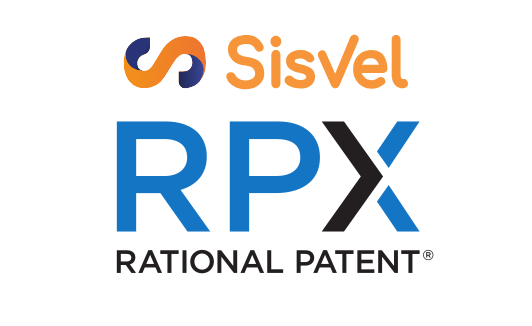Context: Five years ago, patent pool administrator Sisvel and defensive patent aggregator RPX announced an agreement under which multiple members of RPX took a one-stop license to a WiFi patent pool managed by Sisvel (2019 press release).
What’s new: Today, Sisvel announced a similar breakthrough involving RPX (2024 press release), effectively bringing 16 licensees and 20 licensors together. The new deal involves video codec patents. Without the transactional efficiency gains realized on both sides, that same result would have required 320 bilateral agreements, the negotiations of each of which would have bound business resources, with the inherent risk of potential infringement actions.
Direct impact: Both Sisvel and RPX have delivered value to their members by virtue of working together to make this deal package happen.
Wider ramifications: It is key to distinguish this kind of mutually voluntary arrangement, for which there is no indication that it distorts the market, from the automotive industry’s proposal of licensing (or “licensee”) negotiation groups (LNGs), for the reasons discussed below.
The last news release that RPX posted to its corporate website is more than three years old, but as today’s announcement by Sisvel shows, the organization is still around.
Without more information on the identity of the 16 licensees represented by RPX, it is impossible to estimate their aggregate market share. Given the wide range of technology products that implement video codec standards, it can be ruled out safely, however, that the collective buying power of those 16 licensees came close to the thresholds in key jurisdictions where the collective buying power would raise concerns over a purchasing cartel.
There is no reason to assume that Sisvel was forced to make concessions in order to defuse a group boycott. If Sisvel had not reached an agreement with RPX, it could always have approached those implementers directly. And it is not imaginable that Sisvel’s licensors waived their right to enforce any of their standard-essential patents (SEPs) for the duration of Sisvel’s negotiations with RPX.
In other words, this was optional and voluntary. It worked out, but if it had not, no one’s rights would have been compromised.
In the video codec context, there usually are no supply chain issues such as a debate over whether one level of the supply chain or another should take, or should be offered, a license.
For the foregoing reasons, and potentially also others, this positive result validates the two companies’ approach, but a general LNG exemption from cartel rules would raise a different set of issues. Collective solution-finding must be properly distinguished from collective hold-out.

